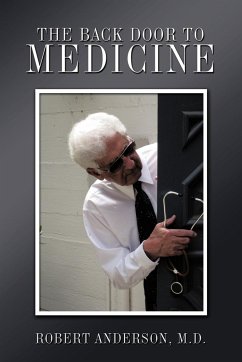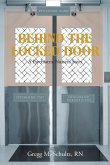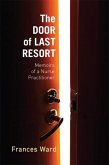An anthropologist typically does research by immersing oneself in a society, learning the language if need be, spending a year or two observing, asking questions, getting involved, photographing, videotaping, and writing copious notes on how people live their lives; in other words, on how they experience and manifest their culture. Anthropologists call that method "participant observation," and the goal is to produce a cultural description that can be shared with any and all who might be interested. This book describes three cultures in a single, integrated narrative. For one, it offers a case study of the culture of anthropology itself as it records how I experienced ethnographic research as both a method and a way of life. My original goal was to describe the culture of chiropractic as a prominent and important field of alternative medicine. As is common in anthropology, that seemingly straight-forward objective detoured in an unanticipated direction. I accomplished my purpose by graduating from a chiropractic college as a Doctor of Chiropractic (D.C.). Still another unanticipated diversion in this complex ethnographic adventure led to medical school, but not in an accredited institution in the United States. Taking a leave of absence from my professorship at Mills College, I eventually graduated from a Mexican medical school as a Doctor of Medicine (M.D.). I earned qualifications in medicine and surgery by entering the profession through a back door.
Hinweis: Dieser Artikel kann nur an eine deutsche Lieferadresse ausgeliefert werden.
Hinweis: Dieser Artikel kann nur an eine deutsche Lieferadresse ausgeliefert werden.








